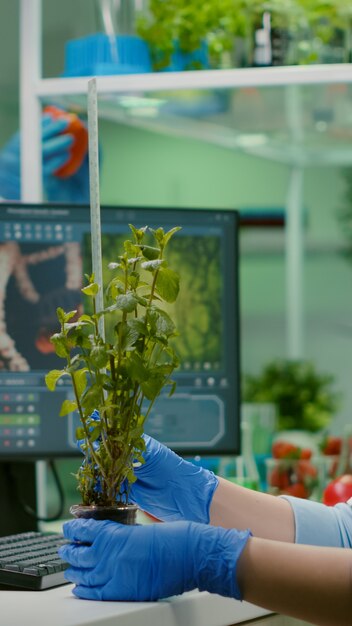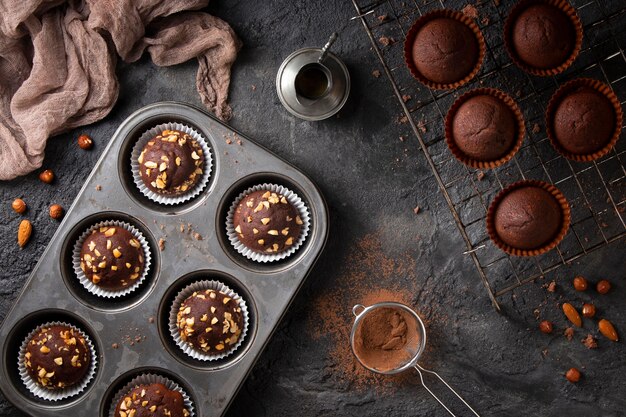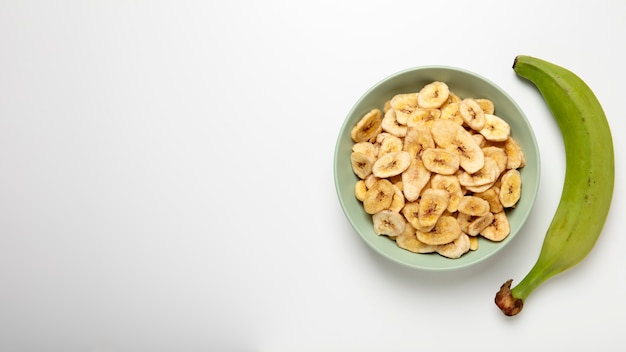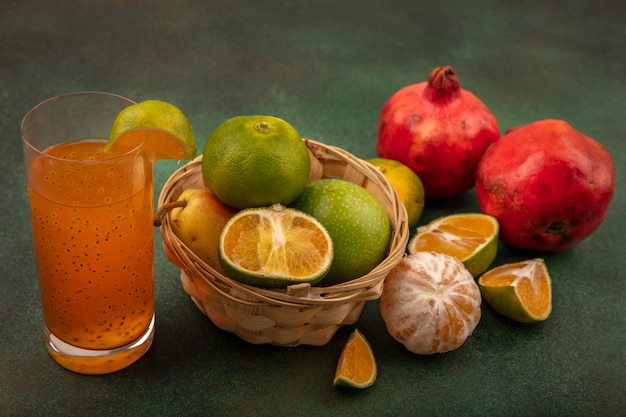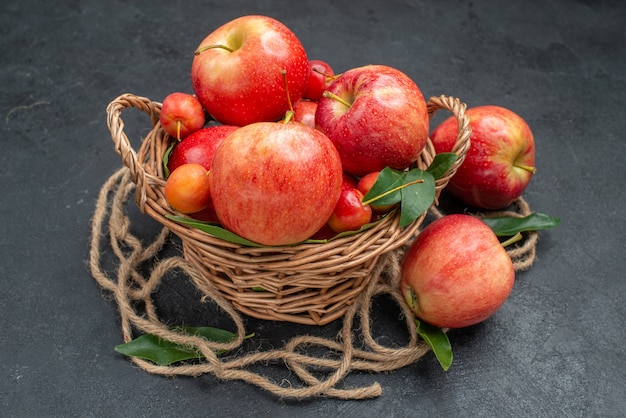The Versatile World of Bananas
Bananas are not only a handy snack but also an intriguing topic with a rich history and nutritional profile. This post explores bananas’ origins, physical traits, nutritional content, ripening process, and their susceptibility to diseases.
Origin and Classification of Bananas
The word “banana” originates from the Arabic word ‘banan’, meaning ‘finger’, reflecting the fruit’s shape. Bananas belong to the genus Musa, which comes from tropical regions of Southeast Asia and Australia. Previously classified as Musa paradisiaca for plantains and Musa sapientum for dessert bananas, modern genetic studies have reclassified them mainly into two species: Musa acuminata and Musa balbisiana.
Musa acuminata is known for sweet, dessert bananas which are globally popular. Musa balbisiana contributes to the genetic makeup of plantains, which are starchier and often cooked. The interbreeding of these species has resulted in various hybrid bananas adapted to different climates and soil conditions.
Bananas spread from Southeast Asia to other parts of the world through natural dispersal and human cultivation. They provide substantial energy and are easy to digest, making them a staple in many diets and an important agricultural product in tropical and subtropical countries.
The Banana Plant
Bananas grow on the largest herbaceous flowering plant, not a tree. The stem is a robust, herbaceous pseudo-stem created from converging leaf sheaths. Leaves develop at the top, forming a crown, and flowers grow in the center, often with large purple bracts.
Bananas are seedless berries with yellow skin and white, fleshy pulp. The black dots inside the pulp are remnants of seeds. Bananas grow in clusters that can contain over 200 bananas, weighing between 30 to 50 kilograms in total.
Nutritional Composition of Bananas
A typical banana weighs about 150 grams, with 75% water and 25% dry matter, including carbohydrates, proteins, fats, and fiber. They are rich in vitamins and minerals like pro-vitamin A (beta-carotene), B vitamins (especially B1, B2, B3), vitamin C, E, and B6. They also have calcium, phosphorus, iron, and potassium. The significant potassium content makes them slightly radioactive due to potassium-40.
Bananas have allergenic properties due to certain proteins. For maximum nutritional benefits, they should be consumed fresh. They also contain active amines such as serotonin, norepinephrine, and dopamine.
Maturation of Bananas
The ripeness of a banana is evident by its pulp color and the presence of small brown spots on the peel, indicating sugar accumulation. Bananas are typically harvested before full ripeness as they continue to ripen post-harvest, emitting ethylene, which speeds up ripening. This makes them a climacteric fruit, more so than apples and tomatoes.
Vulnerability of Bananas to Diseases
Bananas are prone to several diseases, prompting concerns about their potential extinction in the coming decades. They are particularly vulnerable to soil fungi like Panama Disease and Black Sigatoka. To protect them, bananas are often stored with pesticides such as thiobenzene to guard against fungal diseases, particularly during transportation.
In conclusion, bananas are not only delicious but also have significant nutritional benefits and a rich history. However, their vulnerability to diseases poses a threat to their existence, necessitating further research and development to ensure their survival and sustainability.

